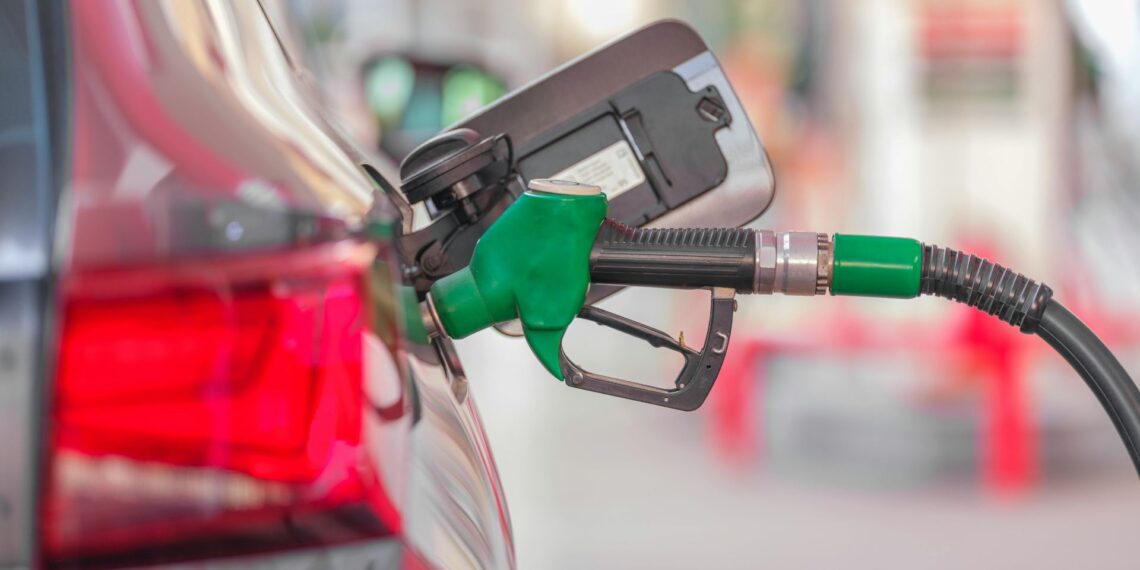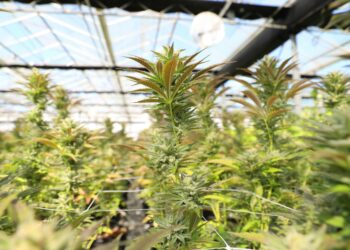South Africans can expect some relief at the pumps this month, with both petrol and diesel prices having dropped. Experts say the reduction will not only ease pressure on consumers but also benefit farmers as the summer crop season approaches.
Esther Ochse, product head at FNB, noted that consumers would benefit from a fuel price drop. She added that the savings, while modest, can make a difference.
“This, of course, will bring some very welcome relief to the consumers. What we suggest you do is use this little bit of freed-up cash flow to pay off any debt that you have, or alternatively, put it towards saving for an emergency. Remember, of course, always using your loyalty programmes to pay for your fuel is also a great money move.”
Market drivers
Koketso Mano, FNB senior economist, outlined the key factors driving the decline, noting that in September the inland 95 petrol price will see a marginal drop of 4 cents per litre, while wholesale diesel will fall by nearly 60 cents. She added that the decrease was supported by softer oil prices between July and August, along with a stronger exchange rate.
Related stories
- Pipes and people: Water investment needs skills to flow
- Sticky food prices push poor households to the brink
- Veld fire training highlights need for farmer preparedness
- Brics+ offers new horizons for SA’s agri-trade
“When we look at Brent crude oil prices, we see that they have moved broadly sideways over the middle of the year and remain softer than where they were at the start of this year.
“We have seen bouts of price volatility which have reflected armed conflicts involving major oil producers or sanctions limiting the flow of trade. But what has been overriding in terms of the price movement is all paid classes’ decisions to ramp up oil output, and this has happened amid a still tepid economic outlook,” she said.
According to Mano, the Rand has also played its part. “When you look at the Rand, it has broadly shown a consistent recovery from the Liberation Day. The Liberation Day reciprocal tariffs were announced in April. While much of the currency moves have reflected a weaker dollar amid concerns around the US macroeconomic trajectory, the Rand’s resilience has been supported by stronger terms of trade as well. This is because precious metal prices have drifted higher while oil prices have softened.”
Boost for agriculture
Farmers are also set to benefit, according to Paul Makube, senior agricultural economist at FNB.
“For the season ahead, indications are that we are likely to see another excellent agricultural season with La Niña in the forecast, indicating the possibilities of having better than normal rainfall for the summer crop areas, which means this will increase planted area as farmers are encouraged to plant.
“Obviously, reduced fuel costs are positive for the farmers in terms of margins that are going to open up and encourage them to increase their plantings. This is also positive for the consumers as the benefit will be passed through to them through reduced food prices and subsequently lower inflation,” he explained.
Meanwhile, Limpopo crop farmer Muelelwa Mashau has welcomed the recent drop in fuel prices, saying the decrease will ease pressure on her business operations.
“The fuel price dropping does bring a relief to our business because we will be reducing our operational expenses, and a lower fuel price means I will be spending less on deliveries of my produce, and also it will increase my profit. I am really happy, and hope it stays low for a long period of time,” she said.
Mashau, who transports her produce to nearby markets, said the reduction will not only help improve profit margins but also allow her to keep her prices more competitive.
READ NEXT: The farmer’s guide to supplying fresh produce to markets


















